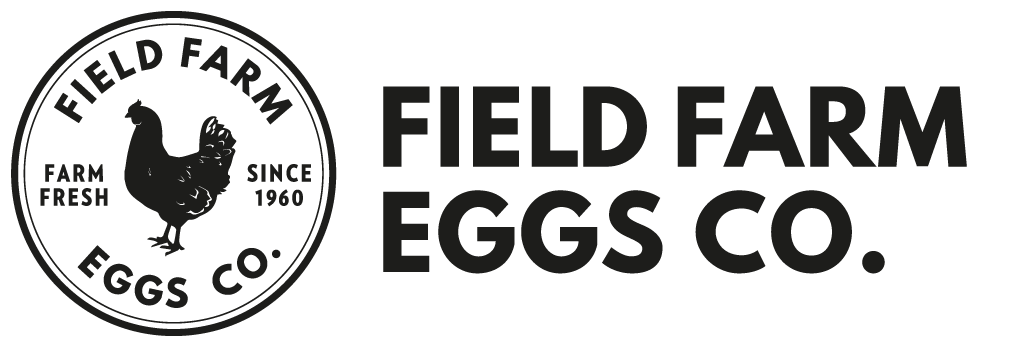If you’re new to keeping chickens, every little bit of information is great. What to feed your chickens may seem straight forward, but there is a lot to it.
Your chickens need proper formulated feed that is correct for their type of age, their growth, and to help produce eggs. Here we’ll share the different feed and how it will affect your chickens.
Layers Feed & Protein
If your chickens are free range, they’ll often find sources of protein from the likes of insects and worms, however these account for supplementary values alongside their actual feed.
Pellets contain rich sources of protein for your chickens. These are best kept dry, therefore using a chicken feed such as a hopper with a hat is essential! Grower pellets contain a higher amount of protein than most. The protein is essential to your chickens to aid their growth, suspense and ability to lay eggs.
Mixed Corn
This is classed as a treat only! Mixed corn is often a mixture of 80-90% wheat, and 10-20% maize; although the wheat contains around 10% protein, it still lacks sufficient nutrients and vitamins. The mixed corn however does keep the hens active!
Vegetables, Greens & Fruit
Vegetables should be given to your chickens daily; vegetables such as:
- bokchoy
- silverbeet
- spinach
- endive
- chickweed
- cabbage
- veg peels (these should be boiled first)
are great for your chickens. However greens such as grass cuttings, weeds, offcuts from cauliflowers should be limited to a very minimal amount, similarly to lettuce. Fruit in comparison to mixed corn should be given as a treat.
Grit
Grit is important in a chickens diet, therefore needs to be readily available. The grit helps to grind down the feed as chickens do not have teeth; oyster-shell grit should also be included in the original grit, as this contains plenty of calcium.
Water
Although this isn’t food, water is a vital importance to every chickens diet especially when feeding. Fresh clean water will ensure the chickens stay hydrated, alongside stopping them from moulting and eating their feathers in search of calcium.
Do you have any more recommendations? Let us know in the comments!

